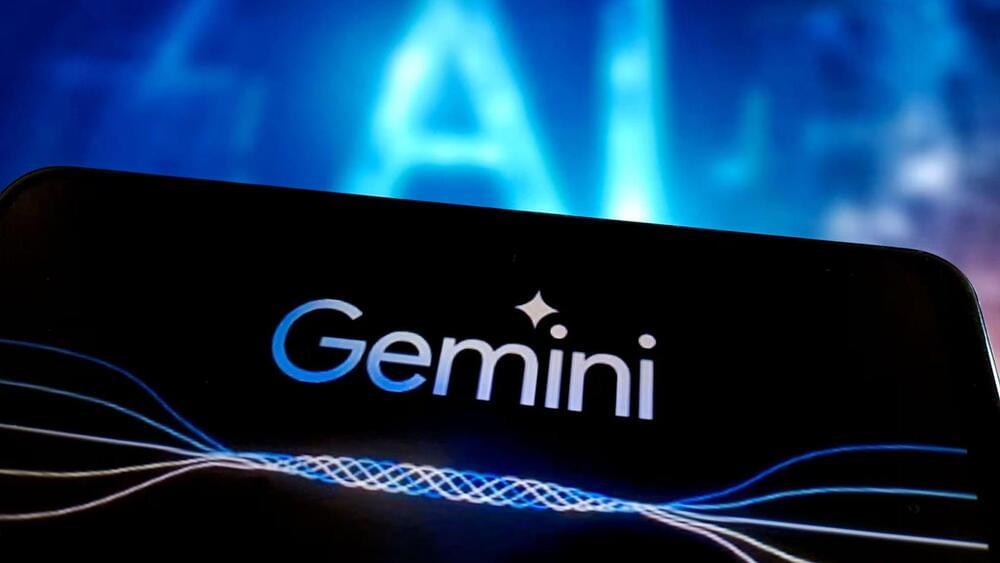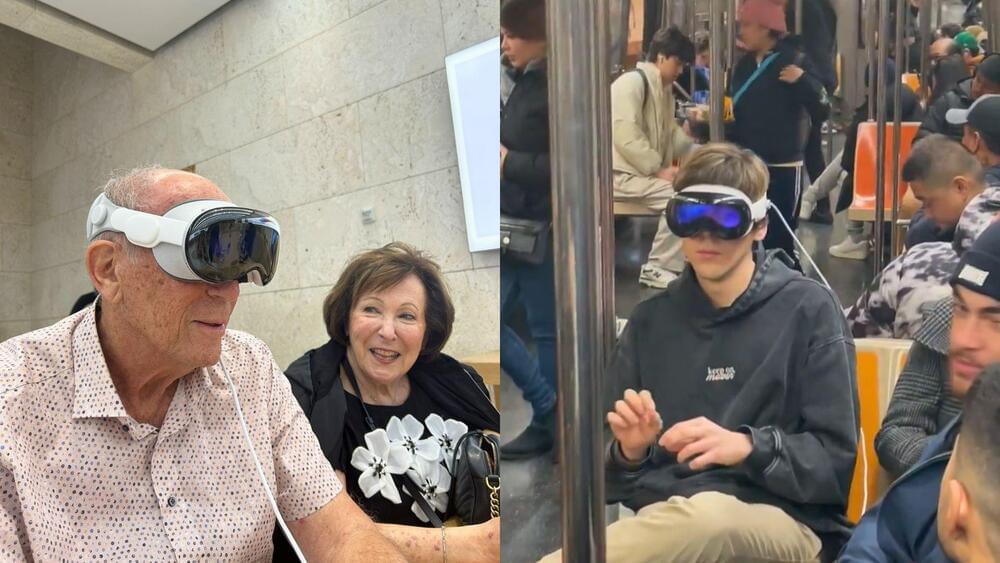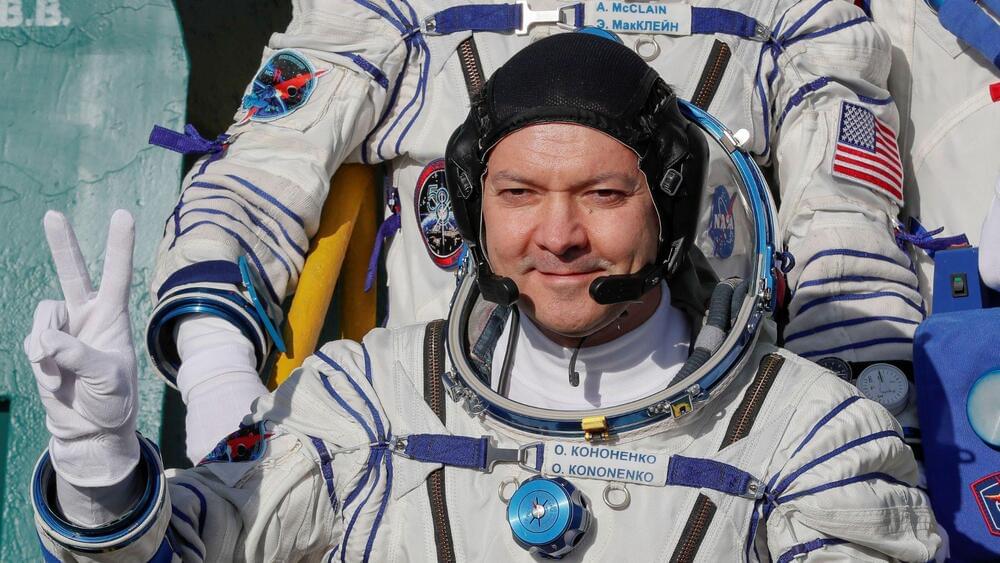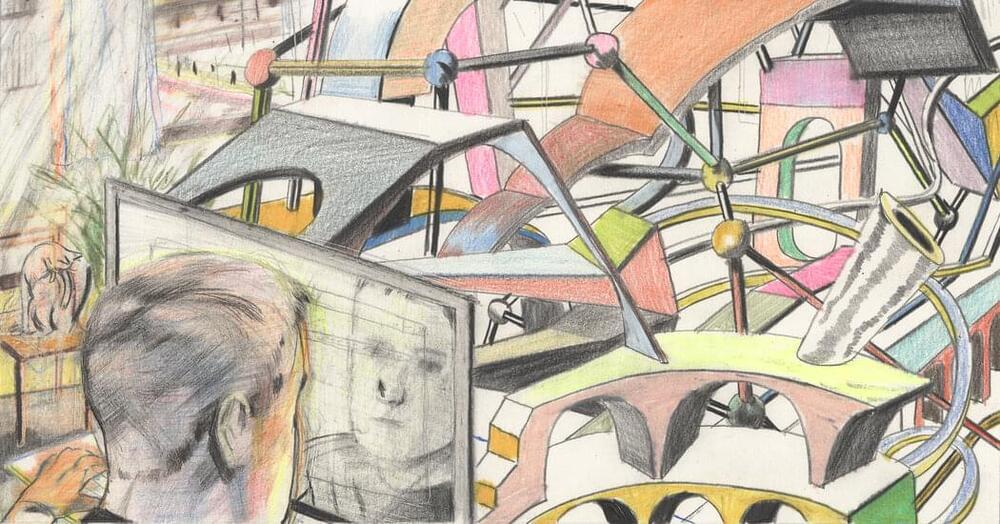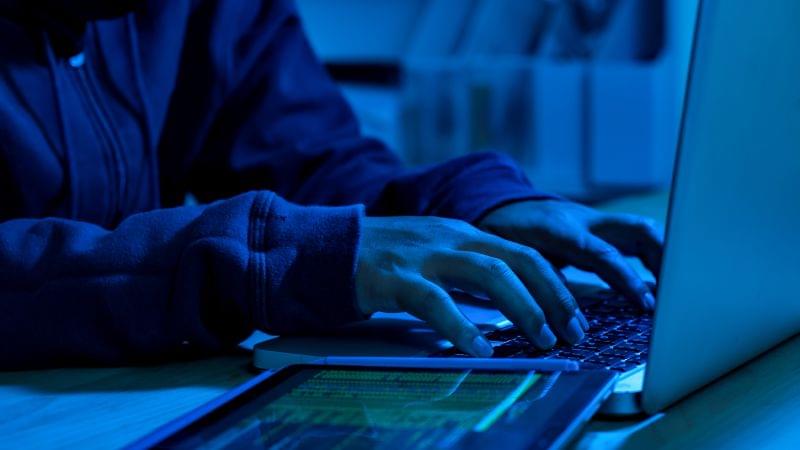Apple’s latest gadget, the Apple Vision Pro, is a mixed-reality headset that promises to immerse users in a new dimension of spatial computing. But what makes this device so special, and how does it work?
To find out, the folks at iFixit did what they do best: they took it apart. In their usual fashion, they documented the process in a video and an article, giving us a glimpse of the inner workings of Apple’s most advanced hardware ever.
The teardown was challenging, as the Apple Vision Pro is complex and delicate. It took a lot of heat, tools, and patience to pry open the front glass, which revealed a maze of wires, sensors, and displays.
